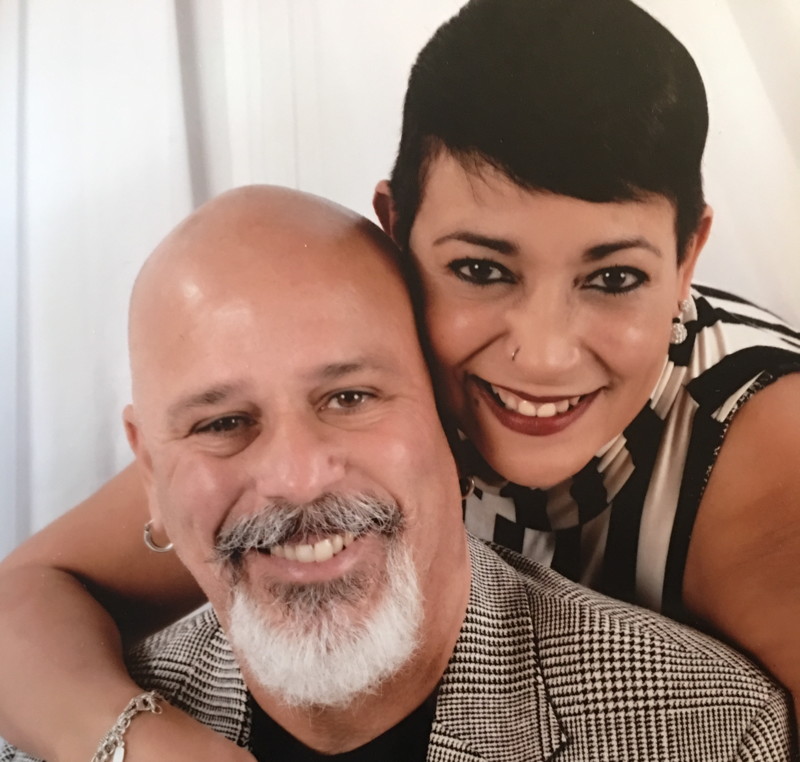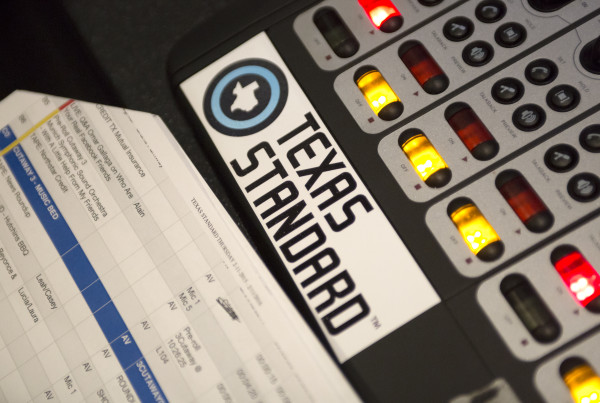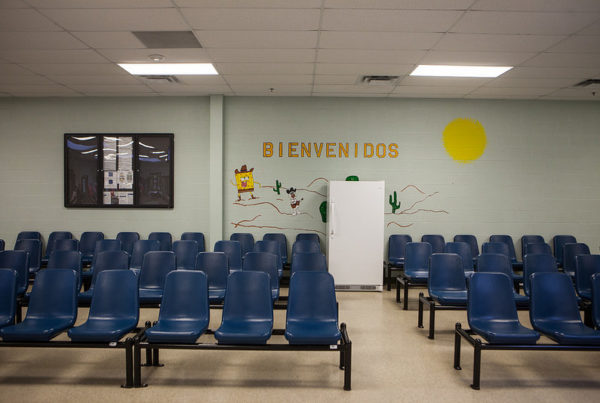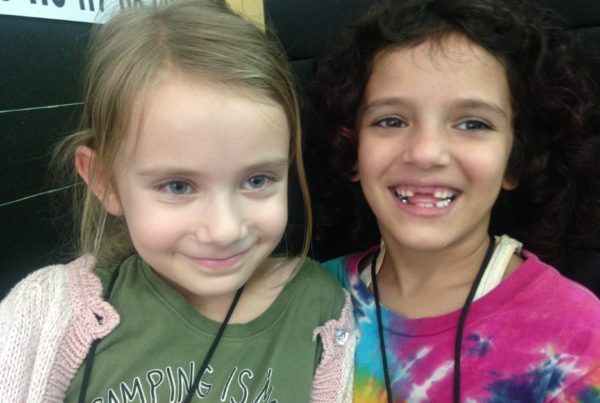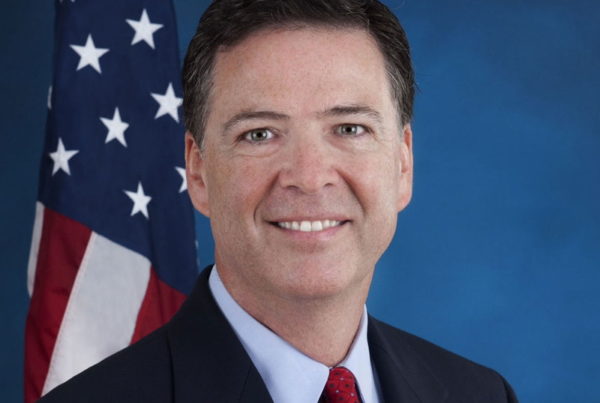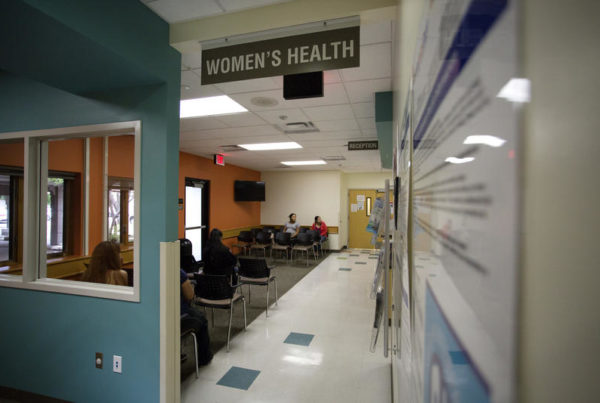This story is part of a series examining Texas foster care. It looks at who’s involved and affected by what has been deemed a “broken” system.
Last week both the Texas House and Senate voted unanimously to pass legislation that would overhaul Child Protective Services and the state’s foster care system – which a federal judge ruled unconstitutional in December of 2015.
Part of that ruling dealt with the fact that in some foster placements, kids were still subject to abuse – this time by their state-mandated caregivers. Several children have even died in bad Texas foster homes.
That puts dedicated and caring foster parents in a weird position. They can face stigma and many don’t feel included in the conversation about how to make the state’s child welfare system better.
Pulling up to Richard De Jesus’s home in San Antonio, the place looks nice. But the front of the house has nothing on the back yard.
“We have a swimming pool, we’ve been blessed swimming pool to be therapeutic for the kids, we have a basketball court, we have a little park for the kids, ya know?” De Jesus says.
Tall palm trees line the yard too. Chances are this isn’t what you picture when you think of a foster home. Richard and his wife, Yolanda, have been foster parents for seven years. In that time, they’ve created a stable environment for more than 60 kids. Richard says they’ve been blessed in life and wanted to give back.
“We do believe that this is a calling, and we’re fostering children through the San Antonio Children’s Shelter,” he says.
But what Richard and Yolanda see as a calling,, other people don’t exactly see the same way.
“You got a lot out there that fostering is a taboo. These are people that without even inquiring they’ve already given up on these children,” he says.
Giving up isn’t Richard’s style. The 54-year-old spent his career working for American Airlines and serving in the U.S. military. After their own four kids left the nest, Richard and Yolanda started considering fostering. The tipping point? A call to action from their priest. That’s when they got involved with The Children’s Shelter in San Antonio.
“We had to go through some mandatory classes to get certified by the state and they did a home-study and they said you guys are good to go and the first week we have placements – so that’s how it started and it hasn’t stopped yet,” he says.
That’s because foster parents are in demand in Texas. During fiscal year 2016 just over 19,000 kids were removed from their parents’ care due to abuse or neglect. And CPS says they’re always looking for more people to become foster parents. But sometimes it can be a challenge to find people willing to take fostering on, because as Richard explains, it can be intense.
“It’s been an amazing, beautiful and painful, and joyful rollercoaster,” he says.
Part of that roller coaster ride is that kids in the system have been through a lot. In one case Richard was caring for a boy whose father had locked him in a closet while he dealt with drugs and prostitutes. Which doesn’t exactly set up a kid to trust a strange new family. At first, the boy would yell at Richard, try to kick him, and also suffered from night terrors.
“Ya know, early in the case the kids, they’re going to look at you as another abuser, another person who is going to neglect them, spank them, hit them or do all kinds of stuff to them. So you have to gain that trust and it’s not easy but it’s not difficult,” Richard says.
Richard remembers one case where twin baby girls were placed with him and his wife. The twins had been physically abused to the point that one had gone completely blind in one eye. He said when they first got to his house, the twins barely moved.
“They were just like little lumps. They left here when they were 18 months old, moving, speaking, singing, saying little words, and they were thriving, I mean beautifully so, you see those severe cases coming but they’re leaving, they’re walking, they’re giggling, they’re full of life, so you made a difference in them,” he says.
To the state these twins would be a success story. The foster care system’s goal is to give kids a safe home until it makes sense to reunite them with their parents – or, when that’s impossible, until they’re adopted. But seeing foster kids go can be tough for Richard and Yolanda.
“You get attached to these kids, you see the progress they make. So for us, it’s been a beautiful ride and also full of emotions – more positive than negative – but nevertheless emotions and you have to deal with those every day,” he says.
This experience – knowing what it’s like to be with foster kids day in and day out – is why Richard thinks it’s essential lawmakers and the court work with foster parents to improve the child welfare system.
“They know the law and they know everything but I think that we need to be taken in account to understand how can we help fix the system. And we have a lot of insights a lot of good insights because these kids are with us 24/7,” he says.
And Richard explains there’s another thing foster parents have insight into. Healing.
“We know how to mend our hearts, and the kids don’t know how to do that, they need us to be able to help them to mend their hearts. So through all these years, all these kids, that’s our biggest reward – that we have made a difference,” he says.


